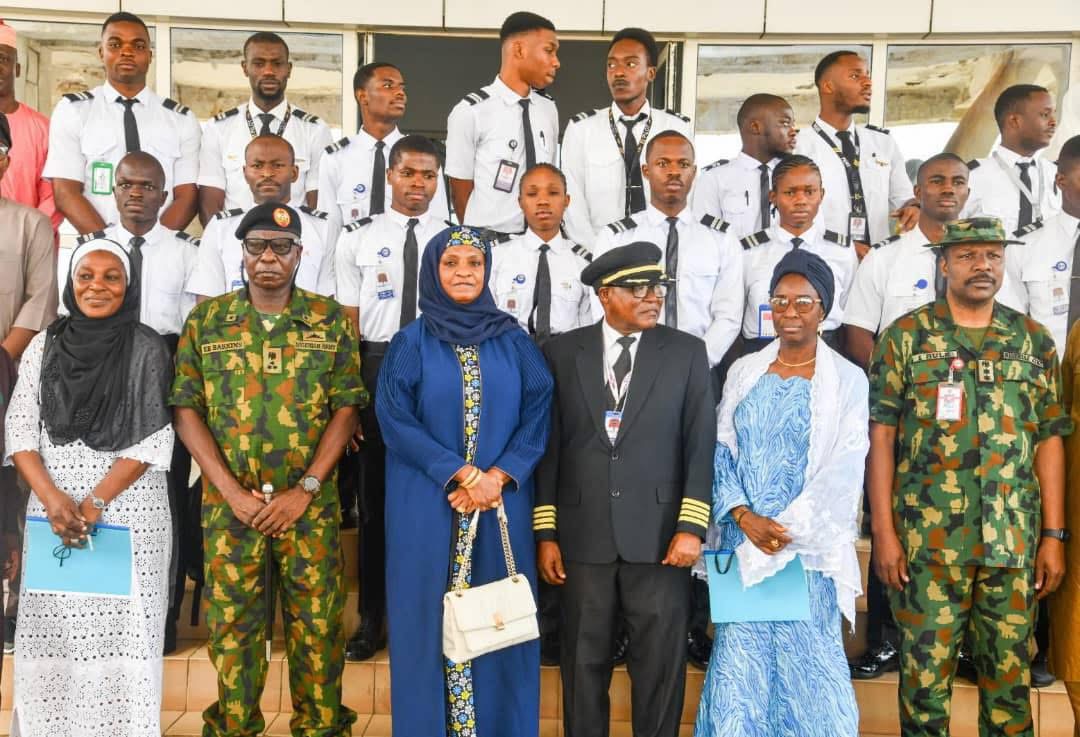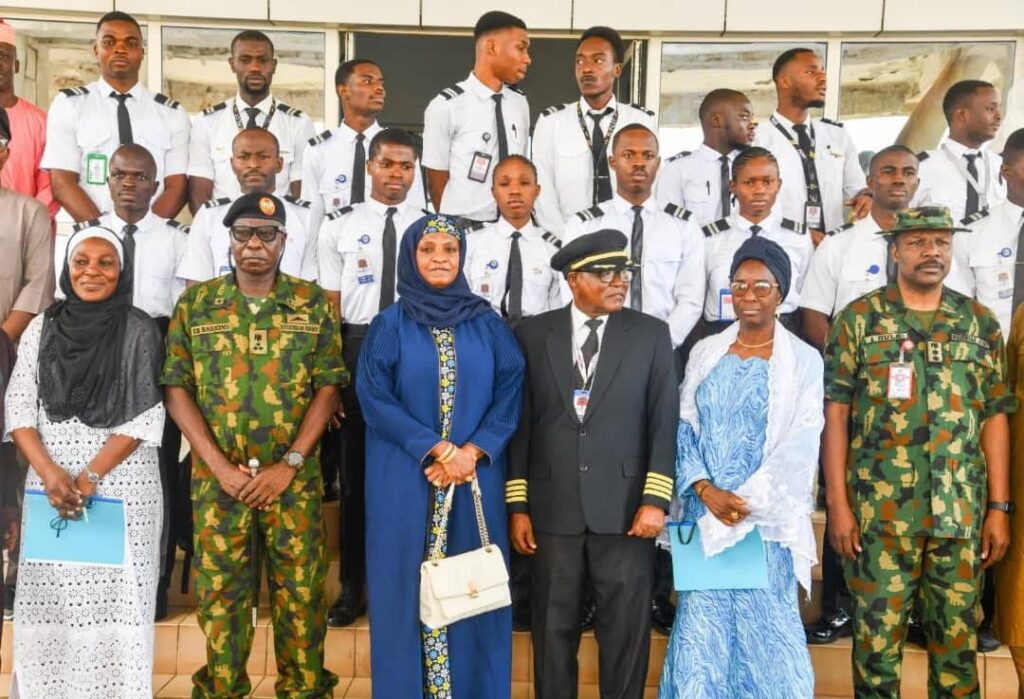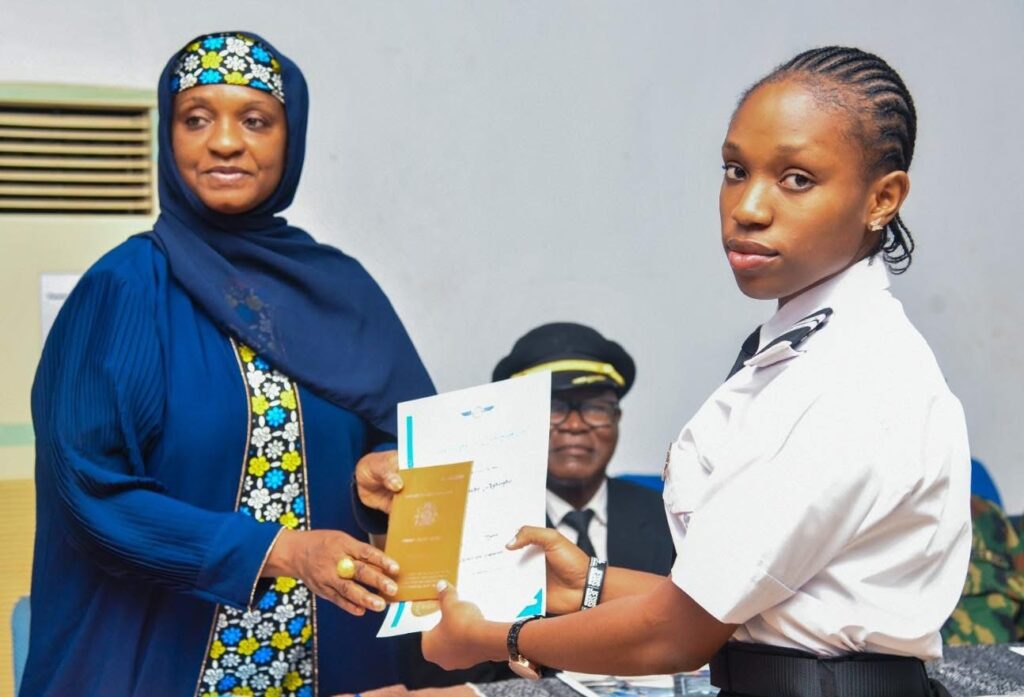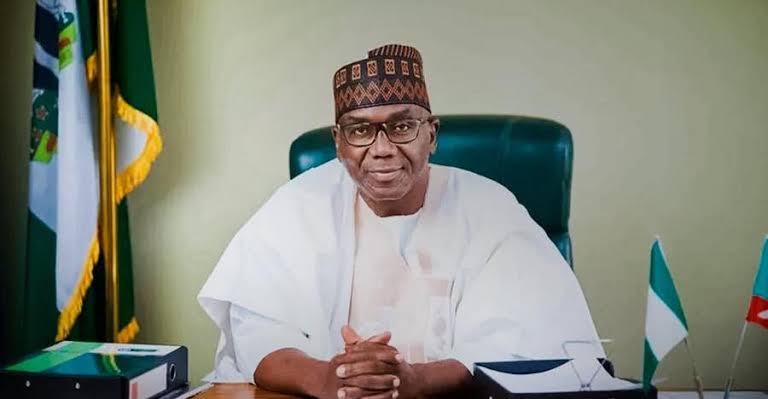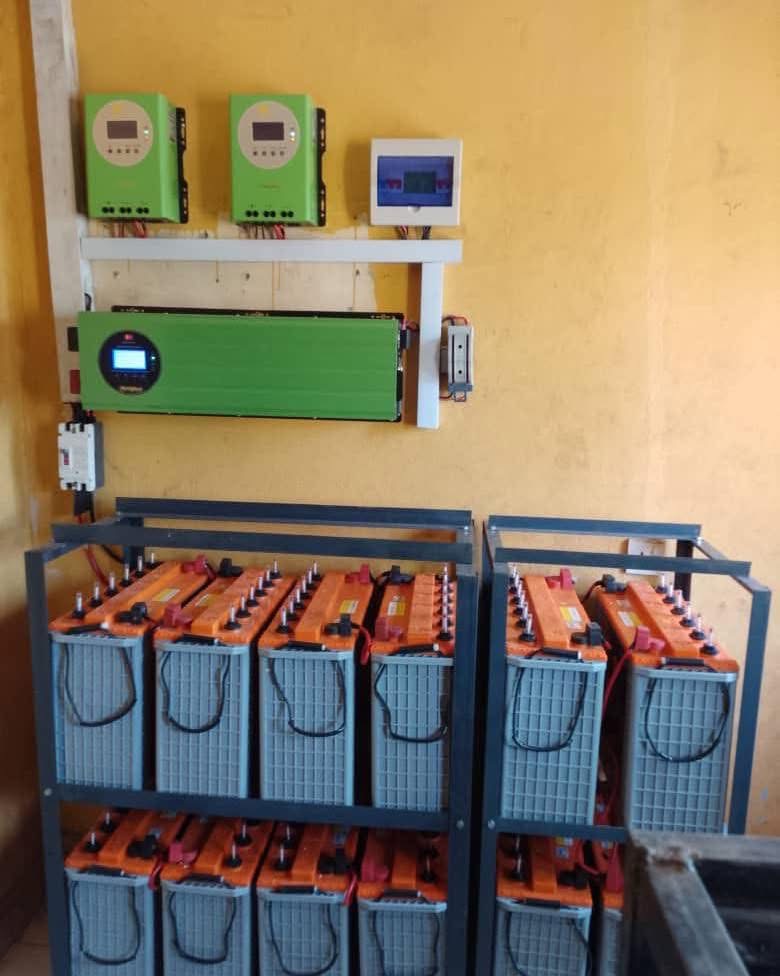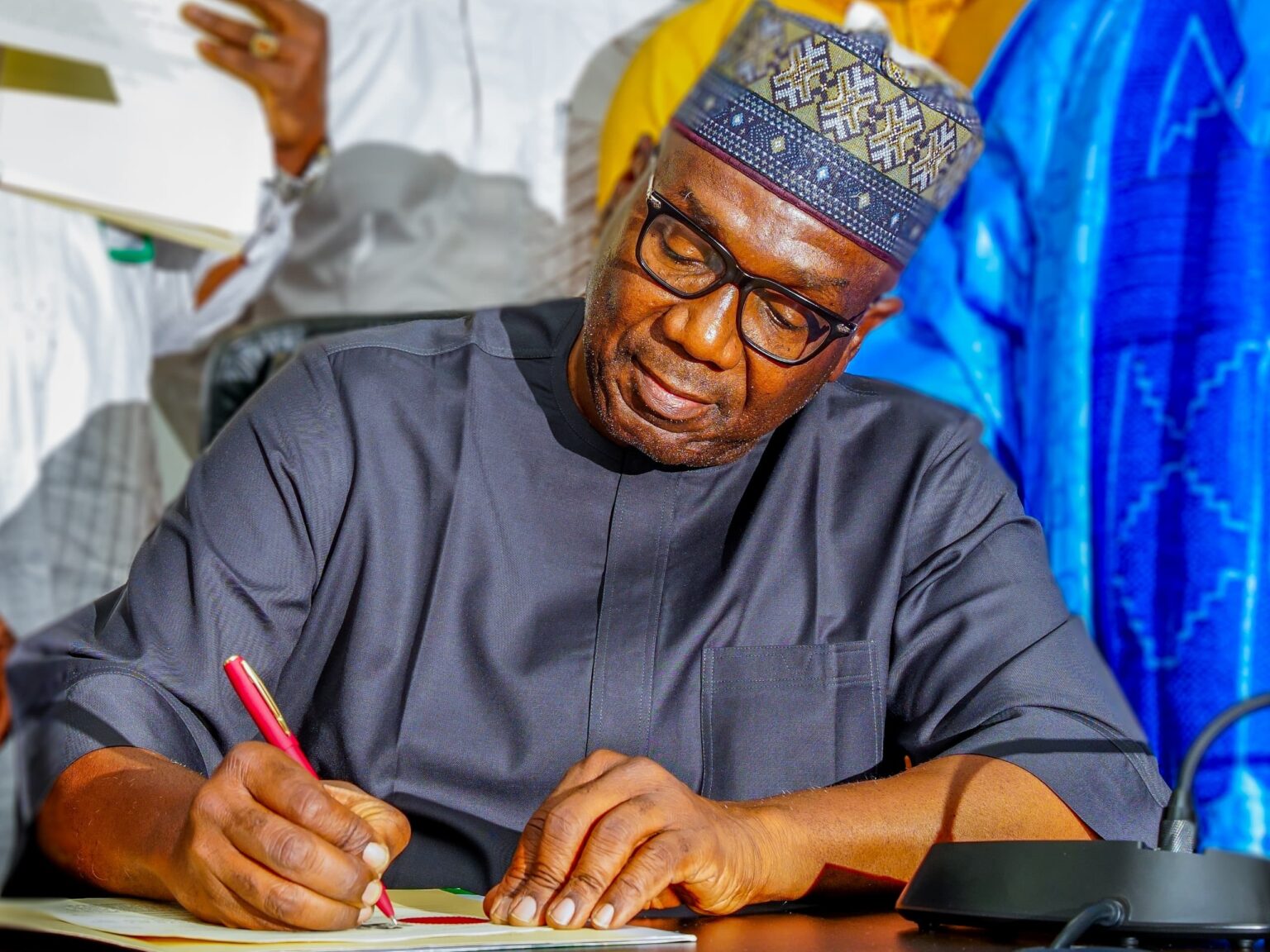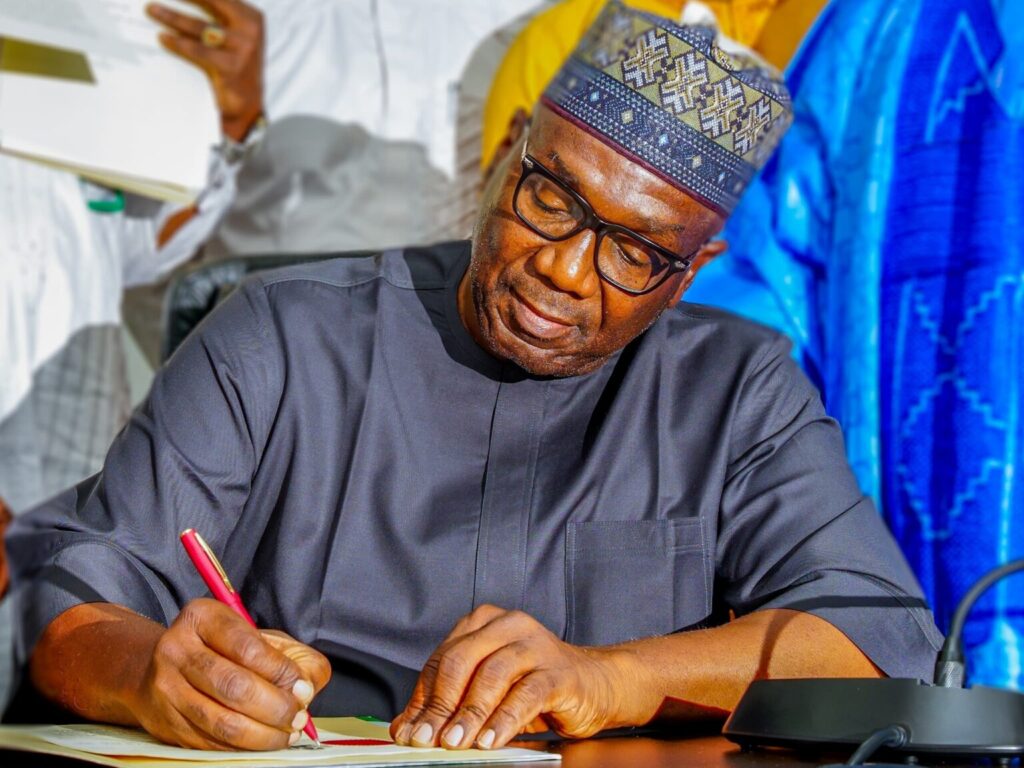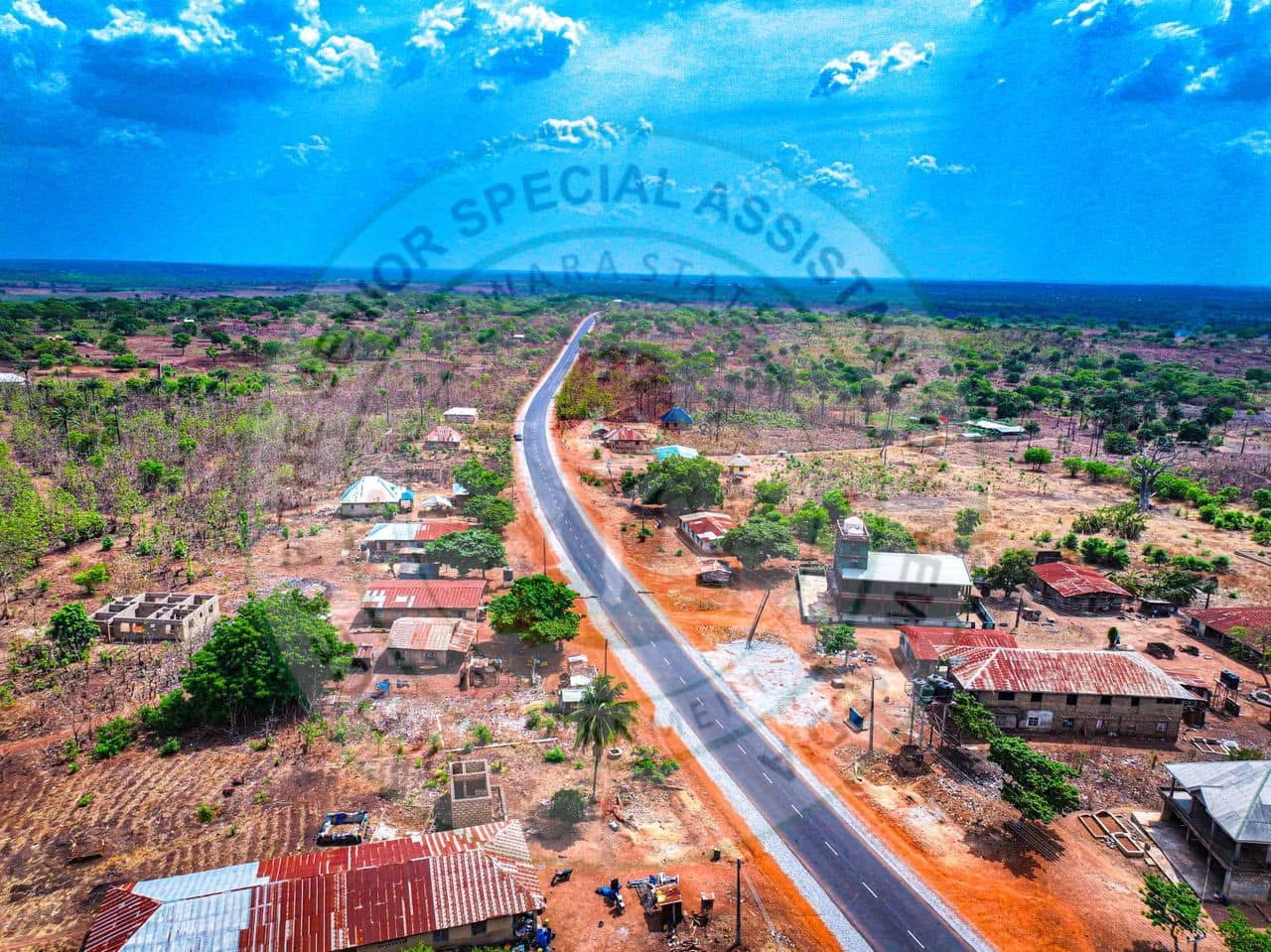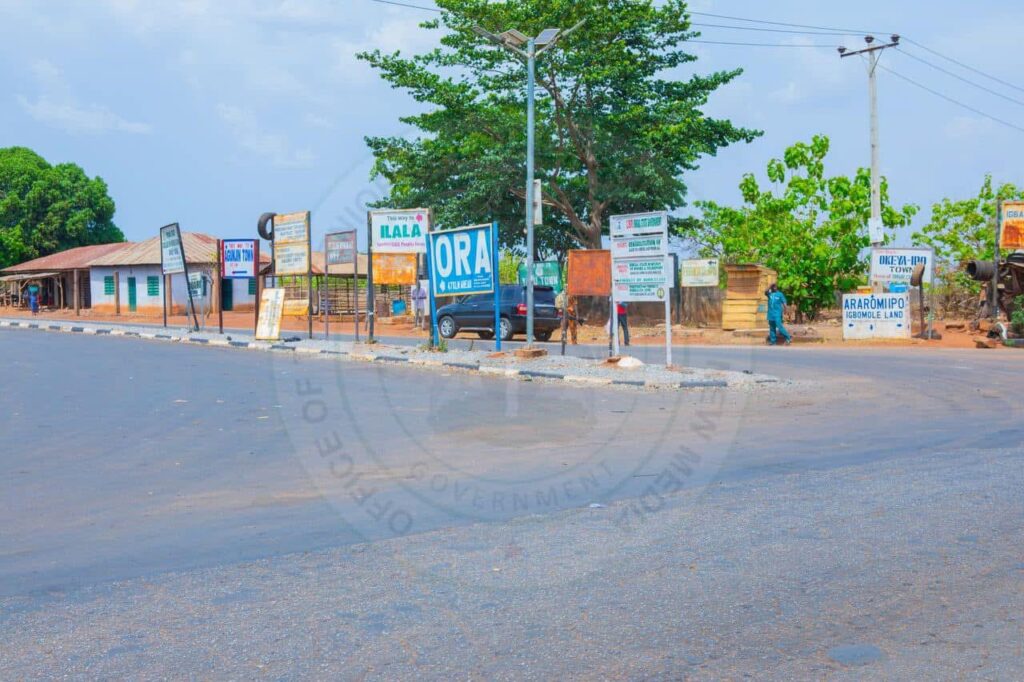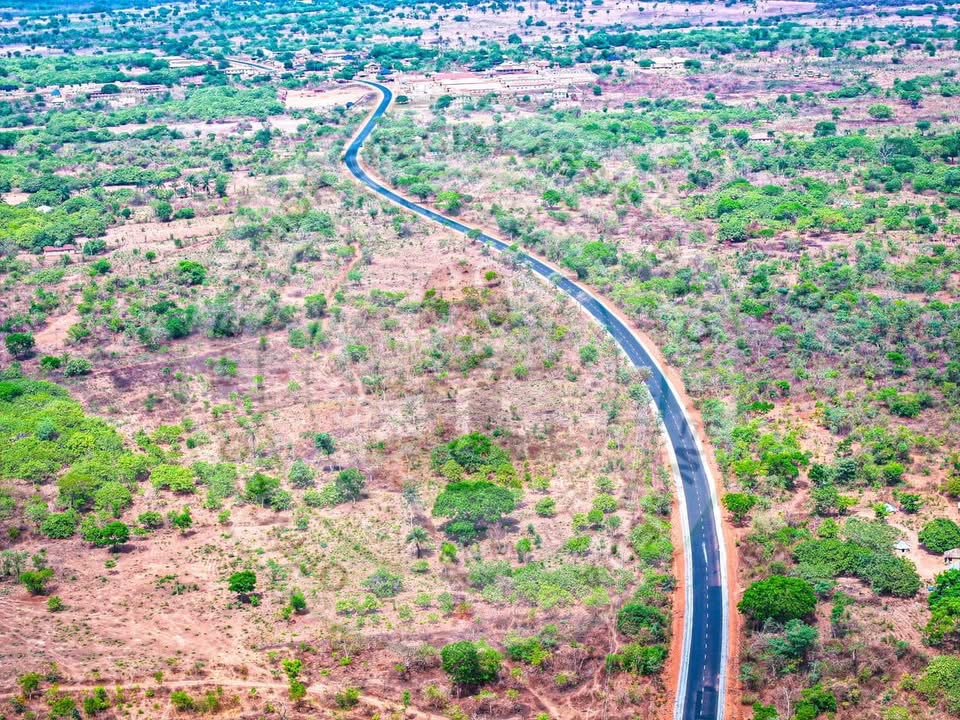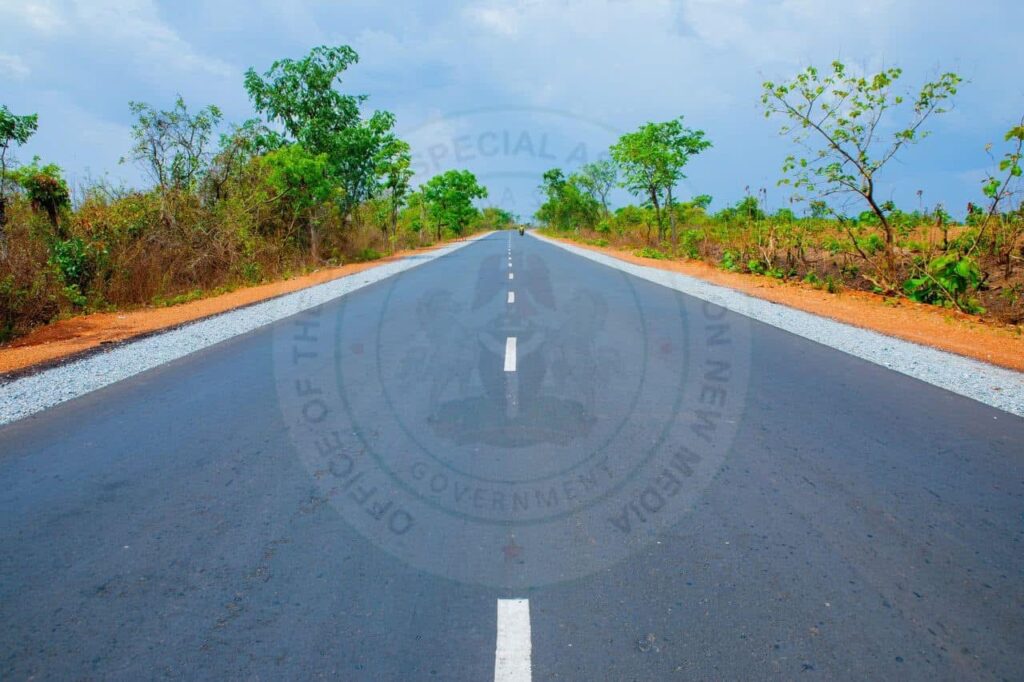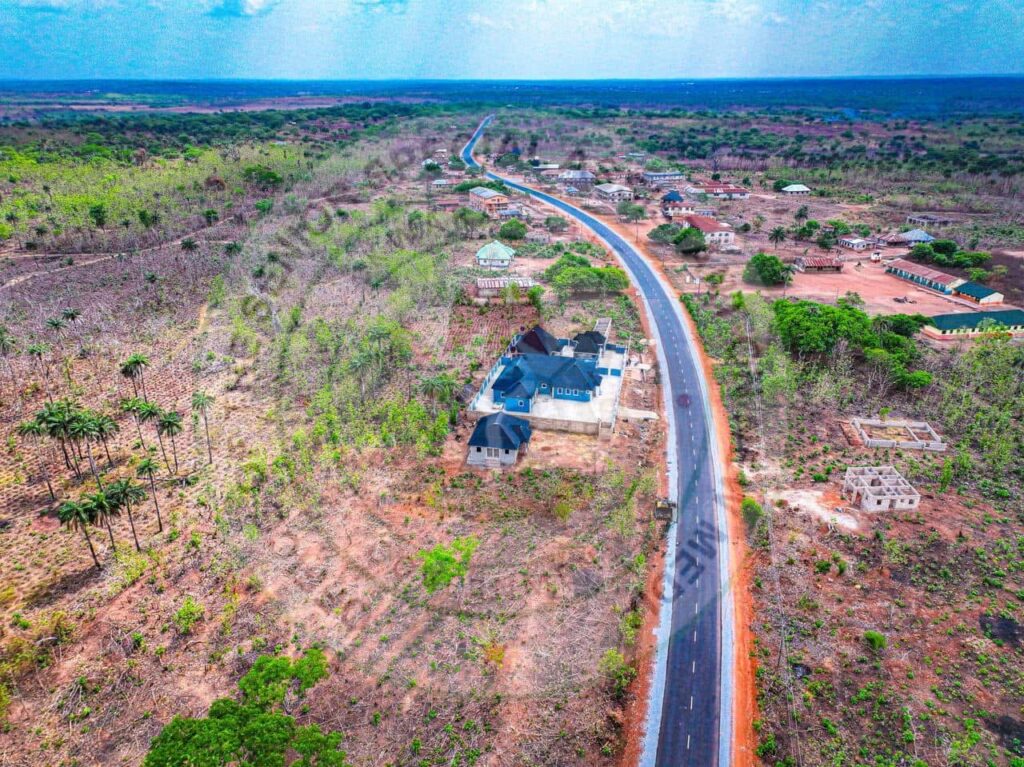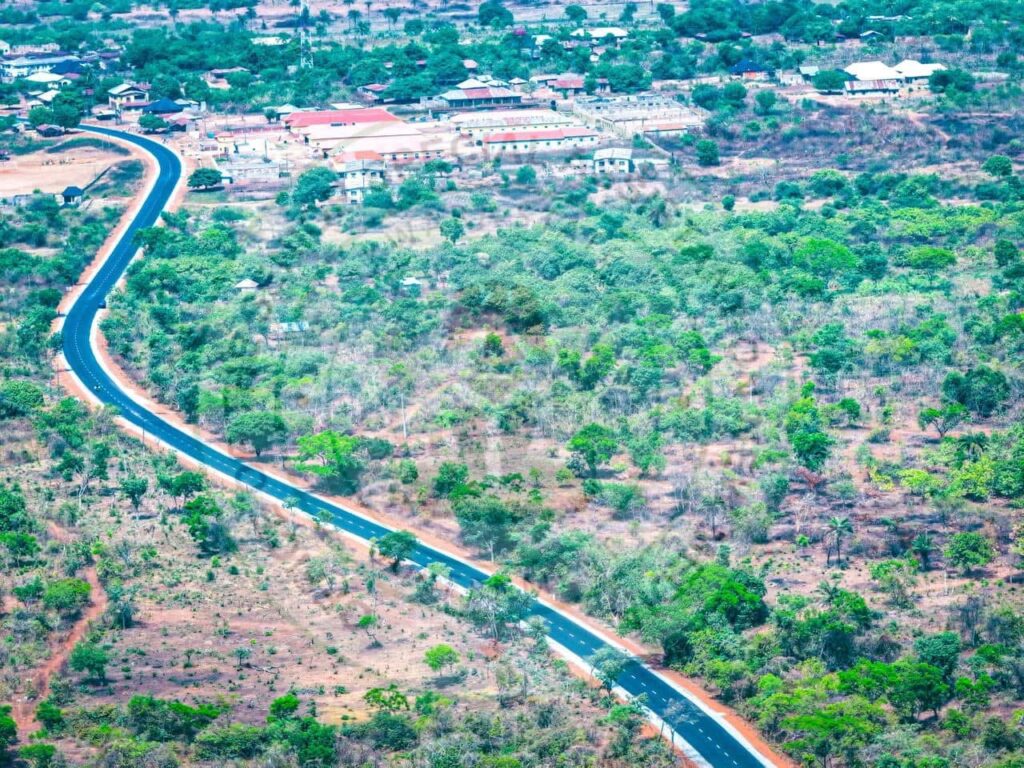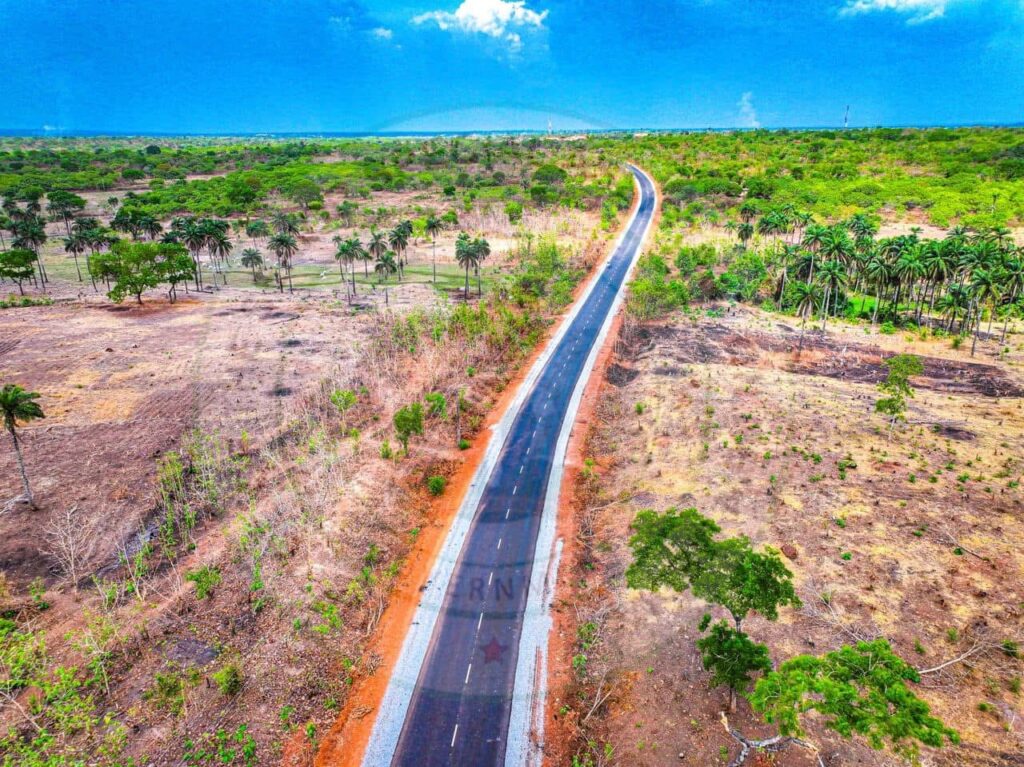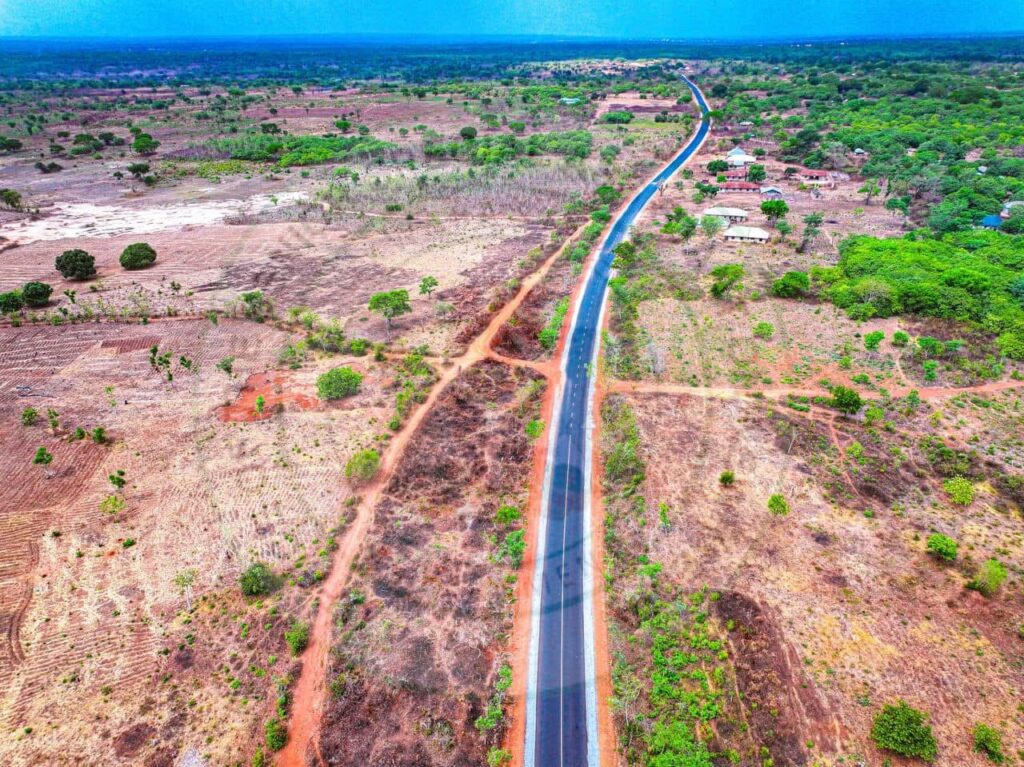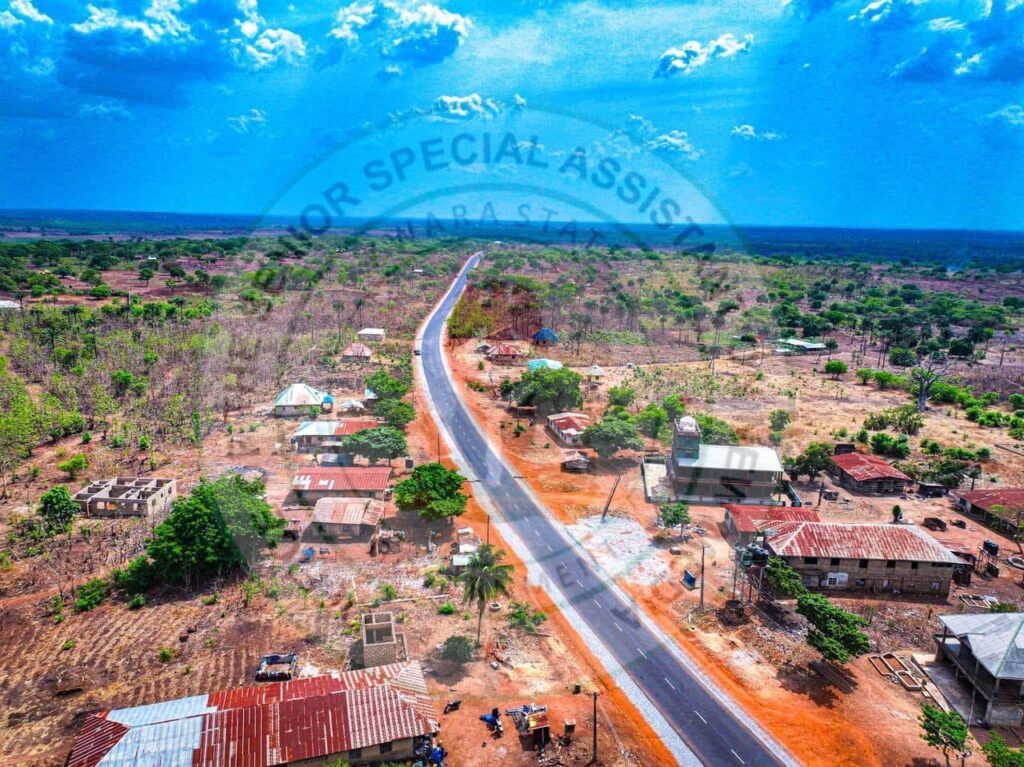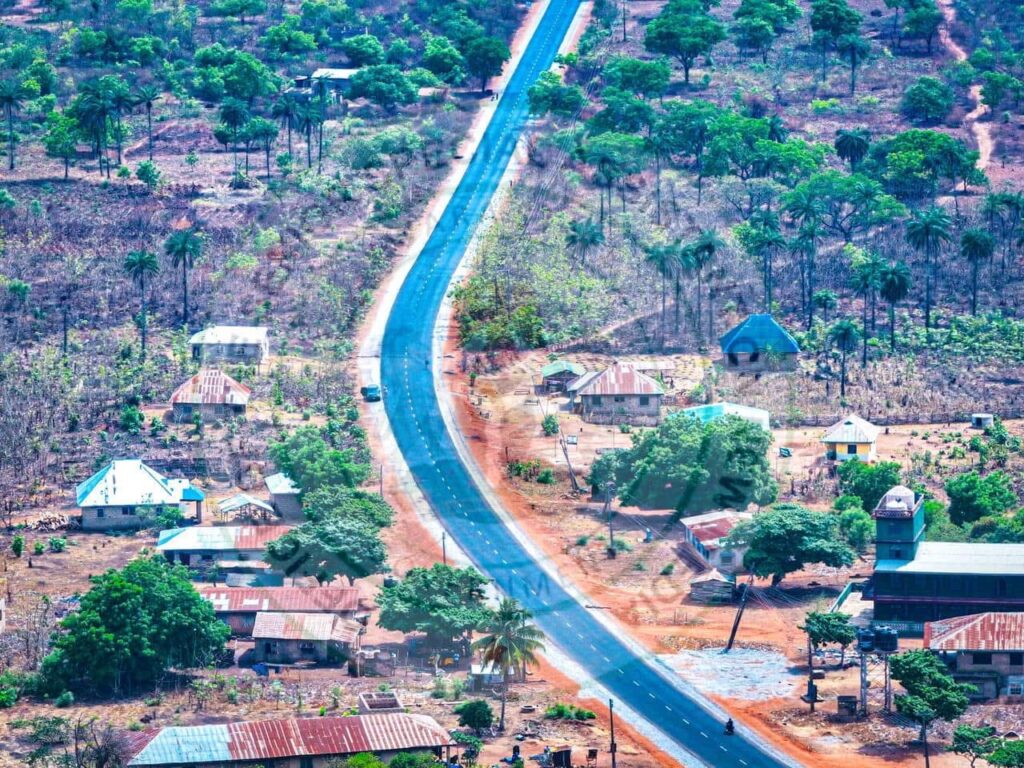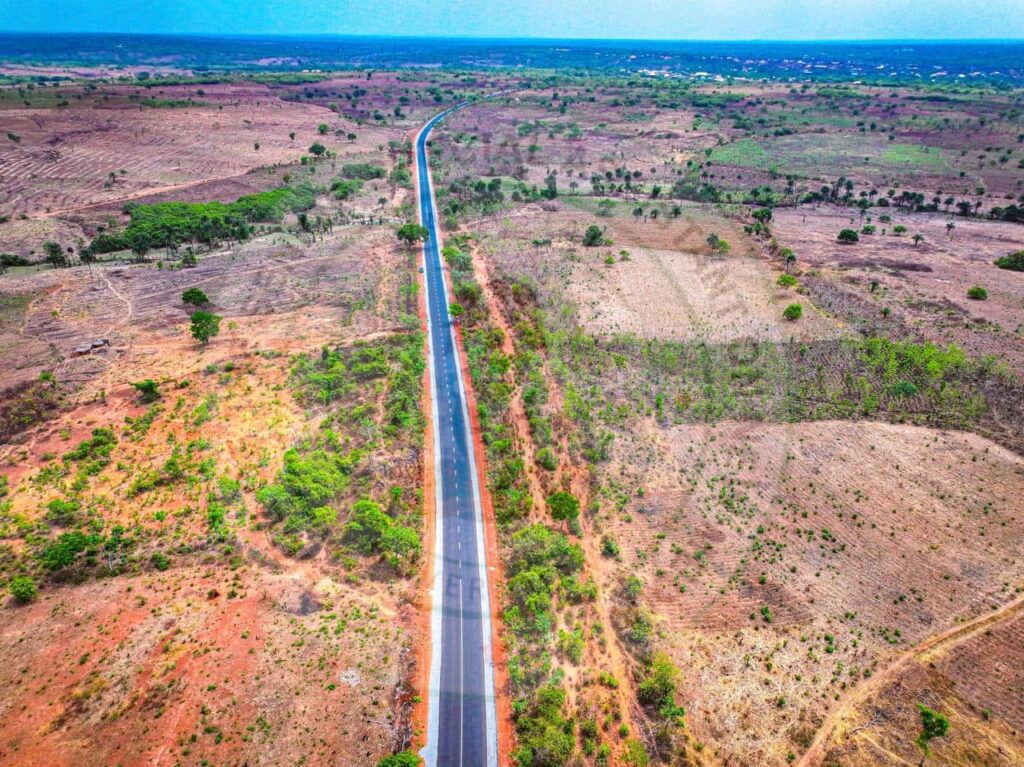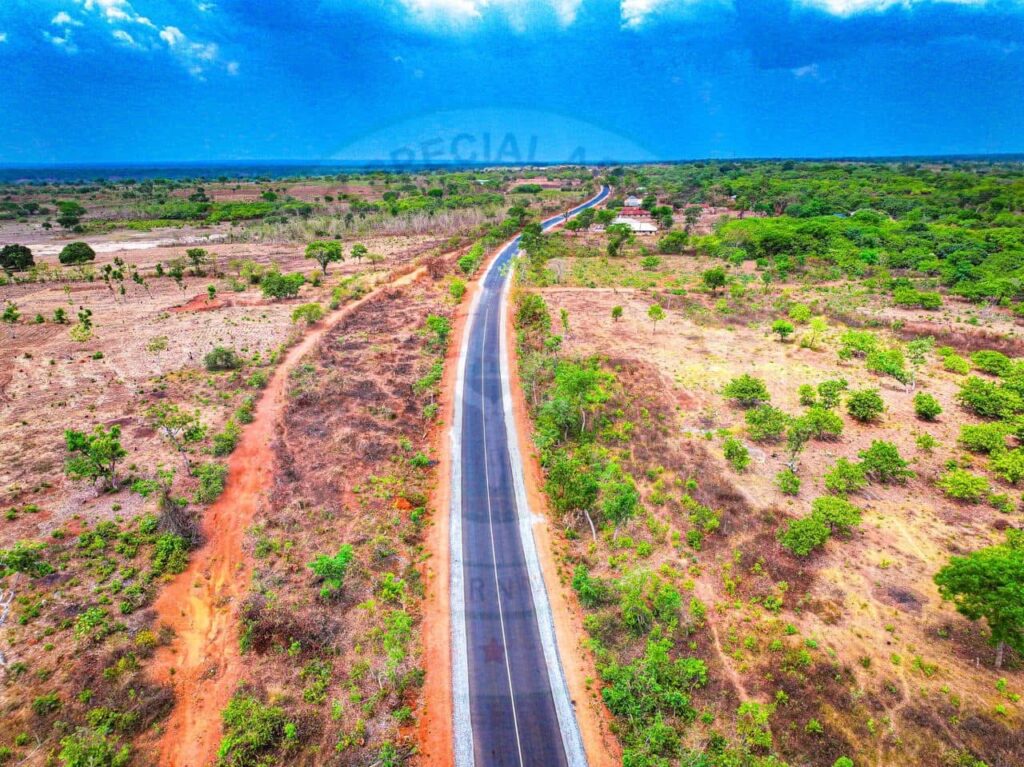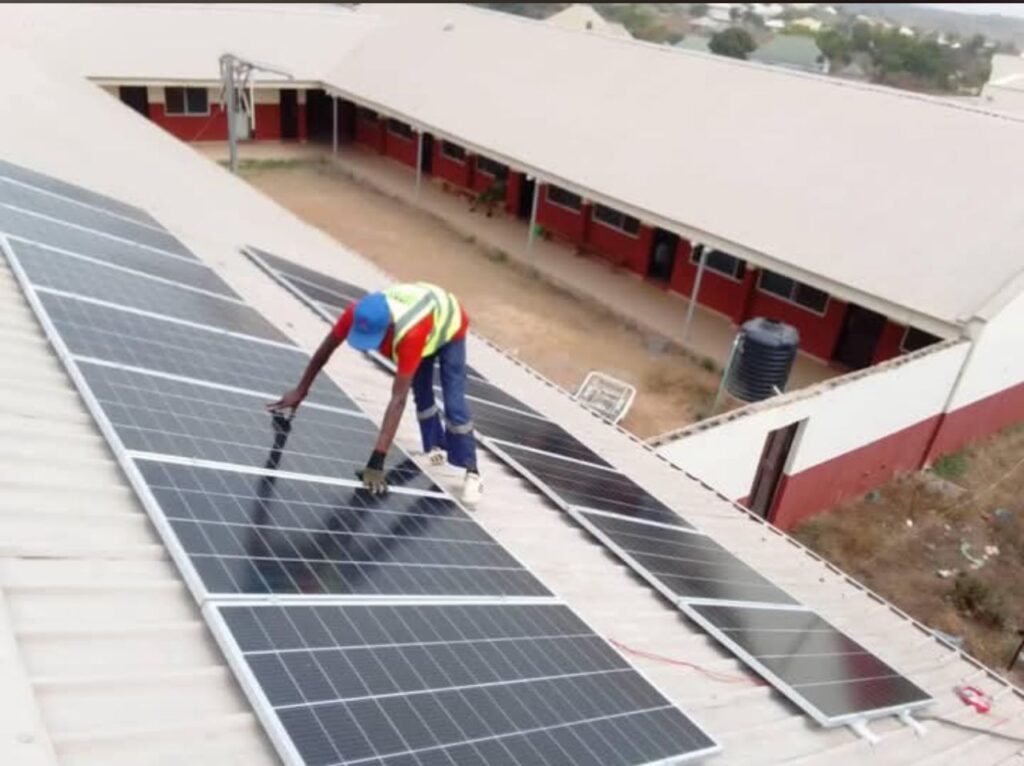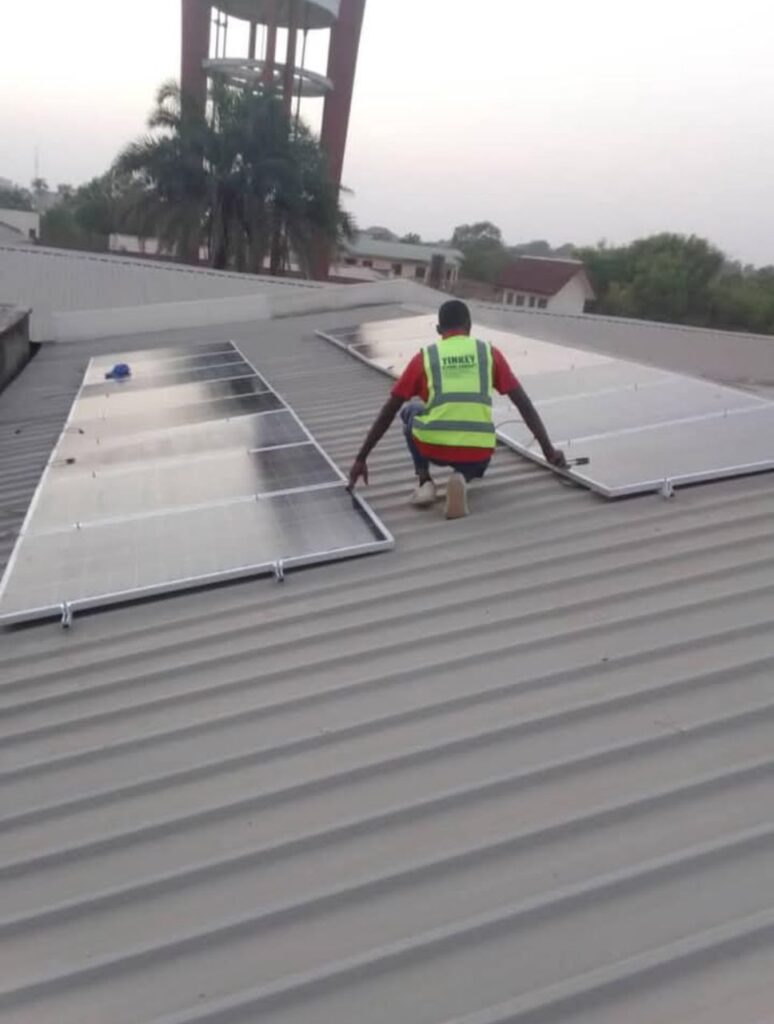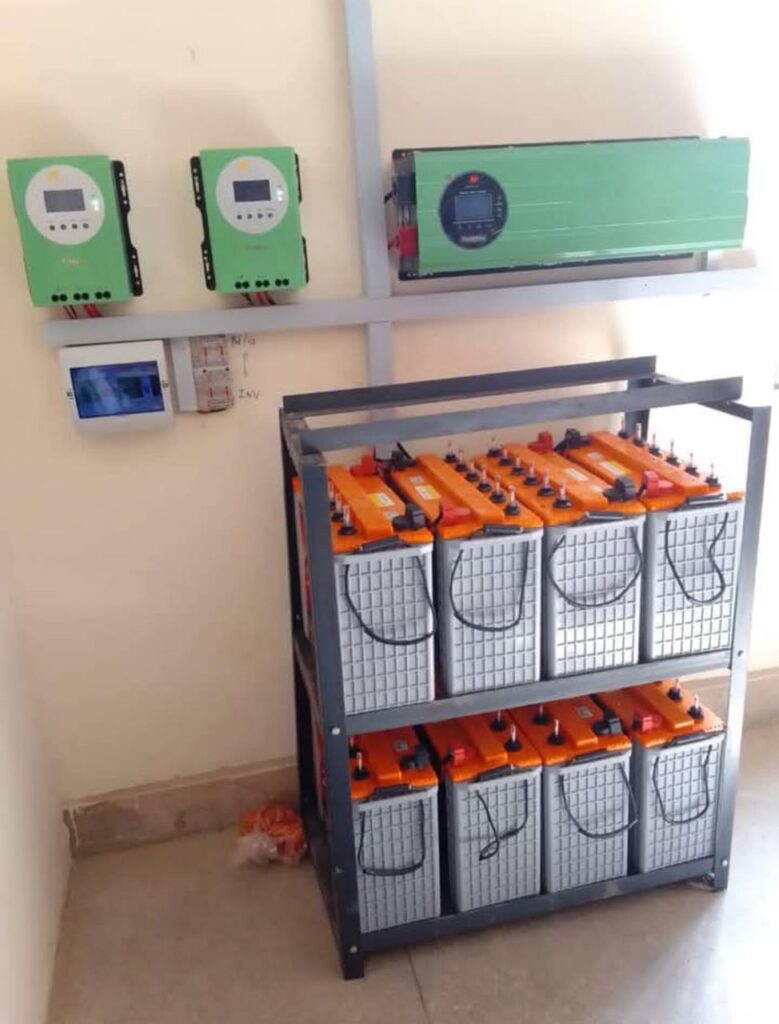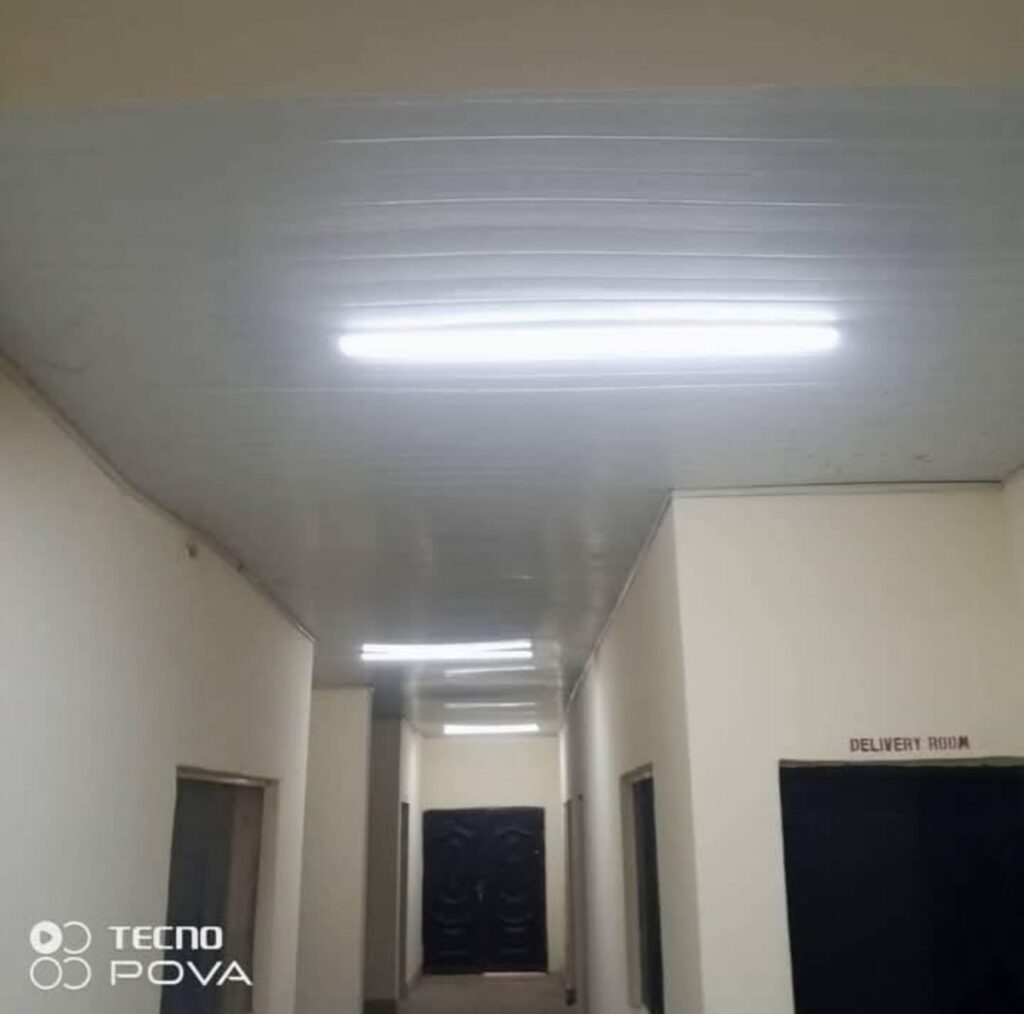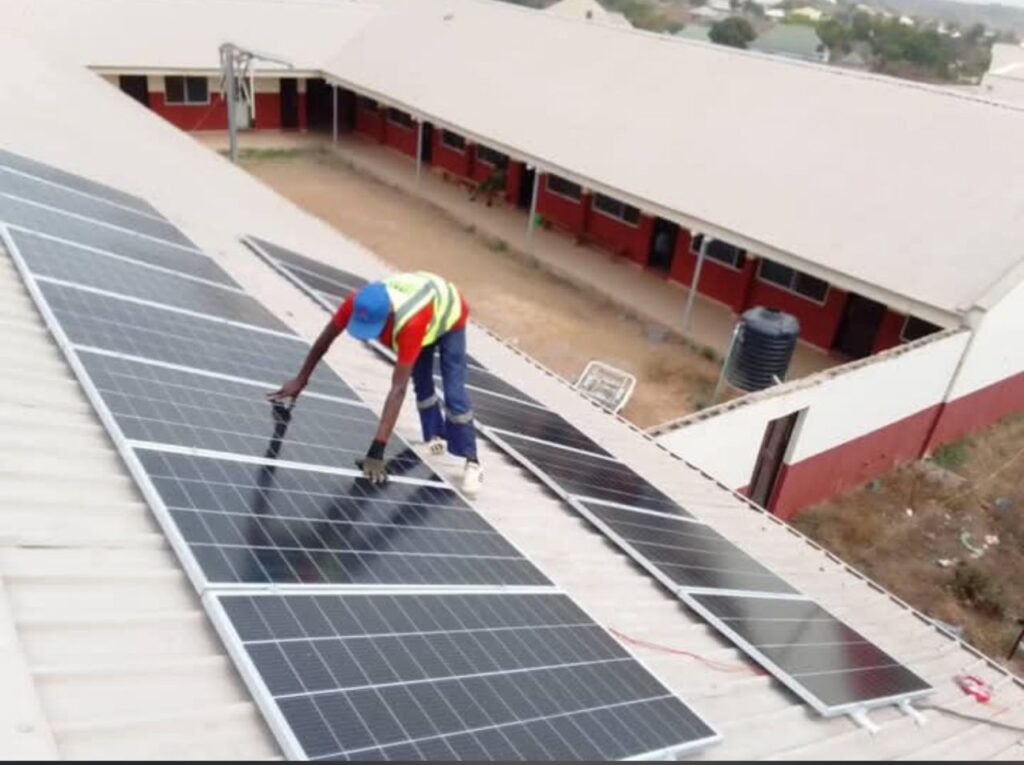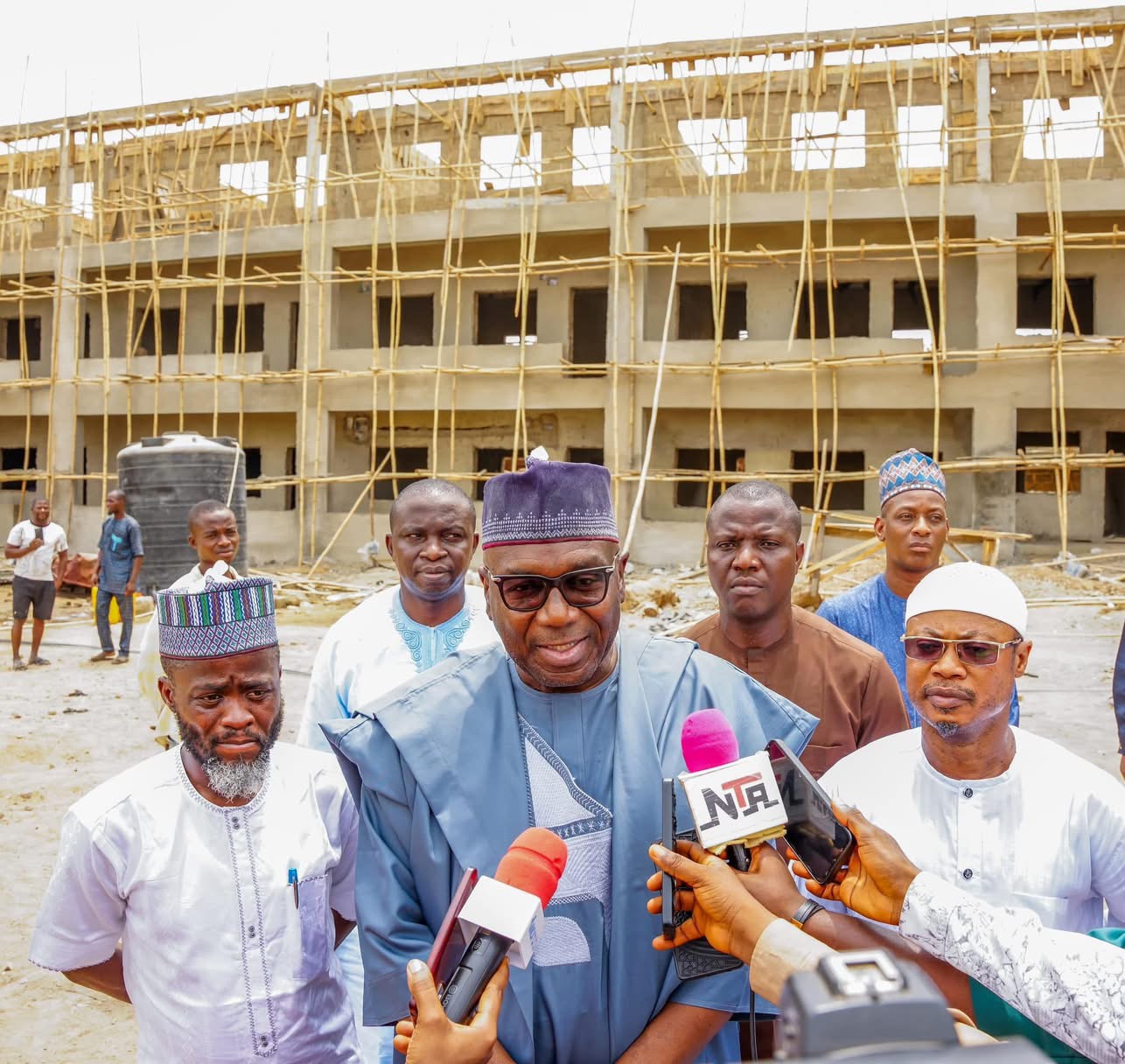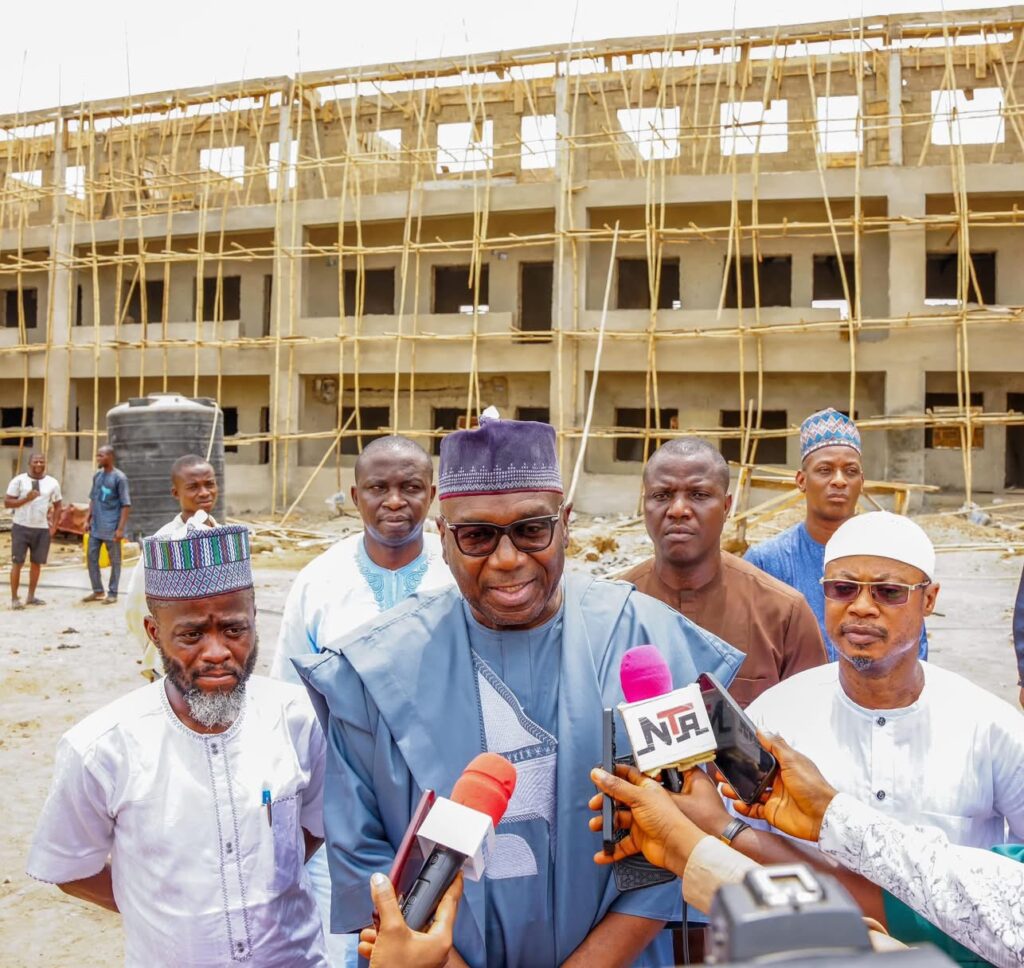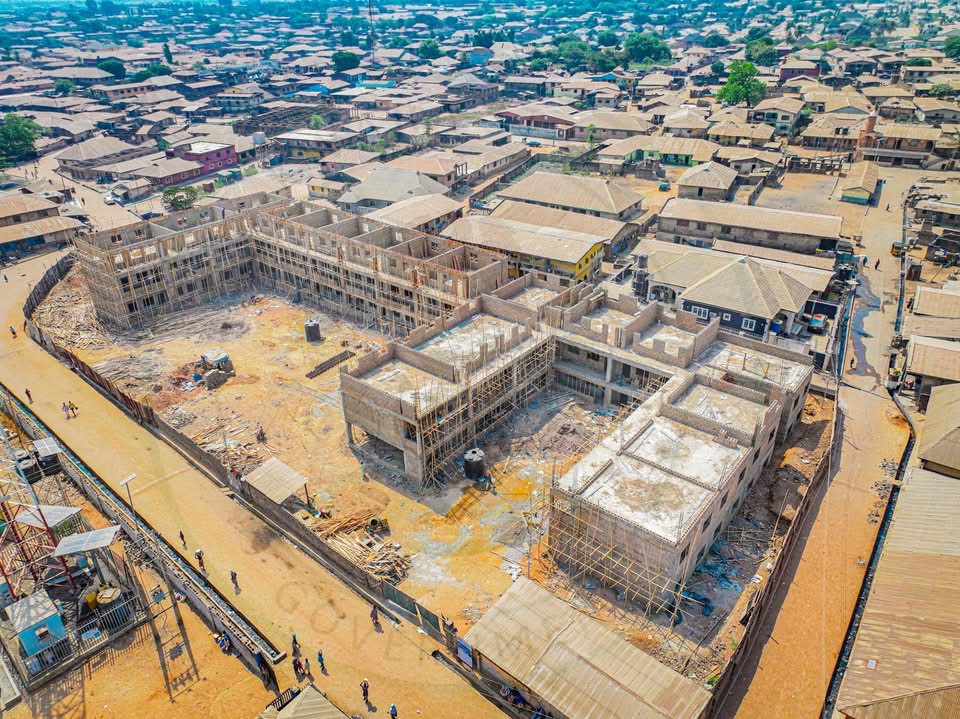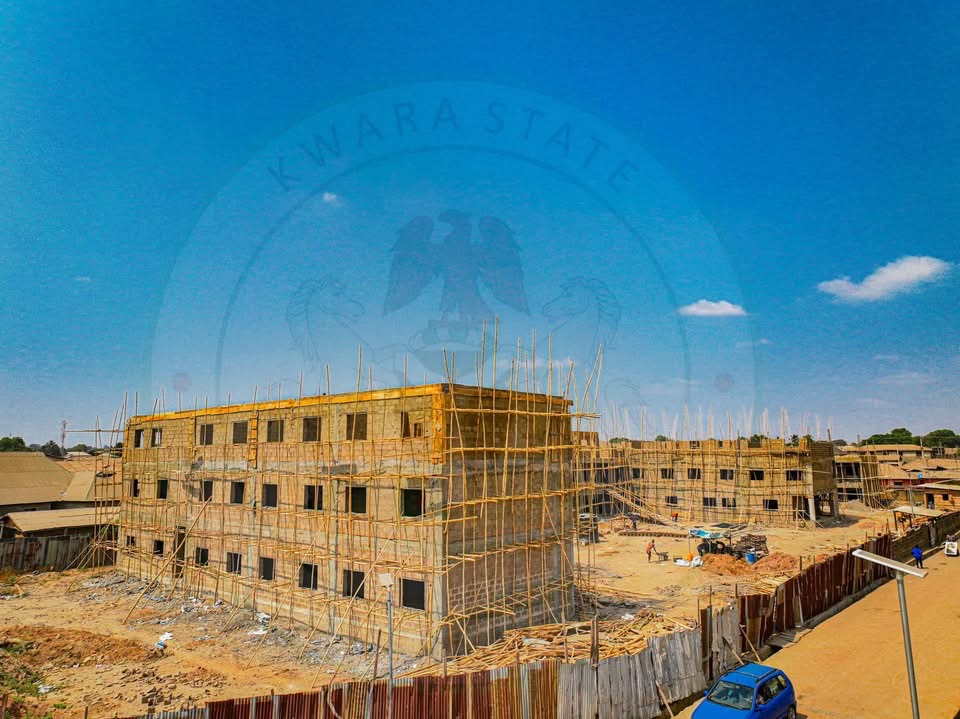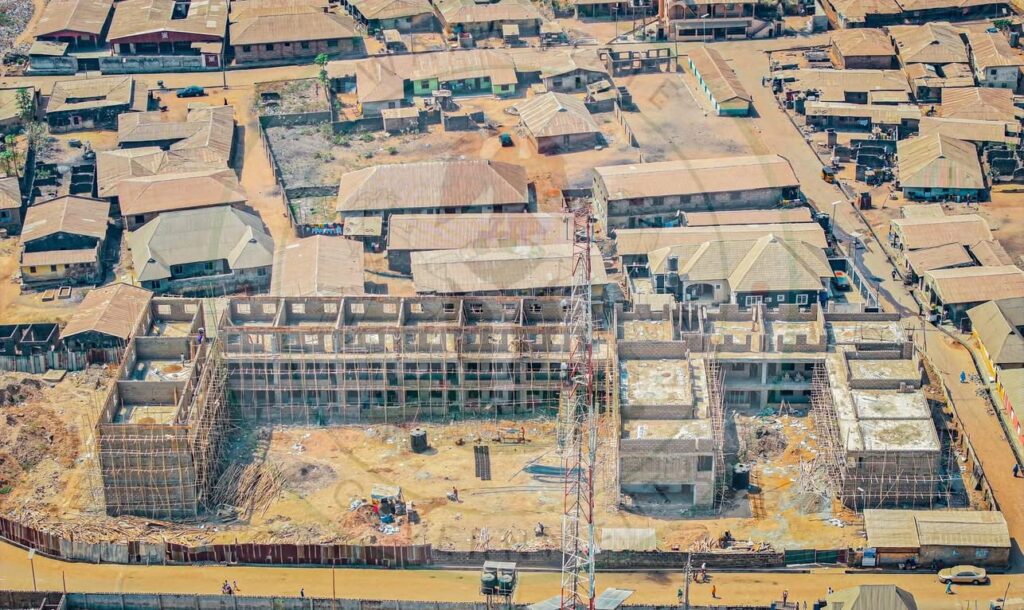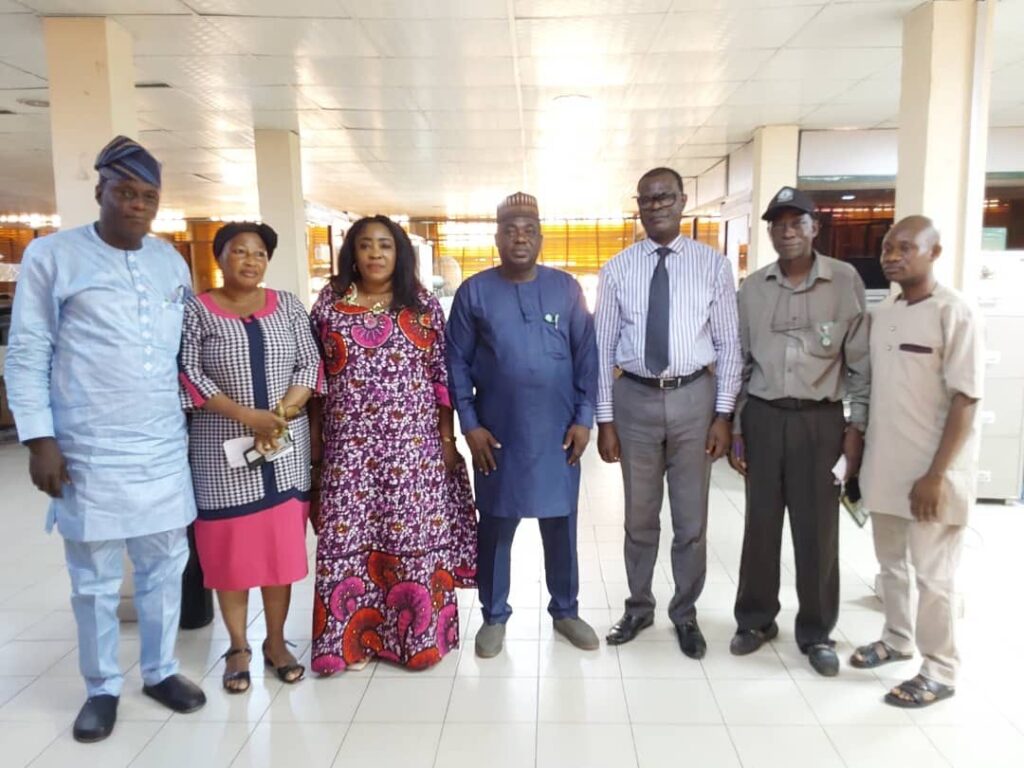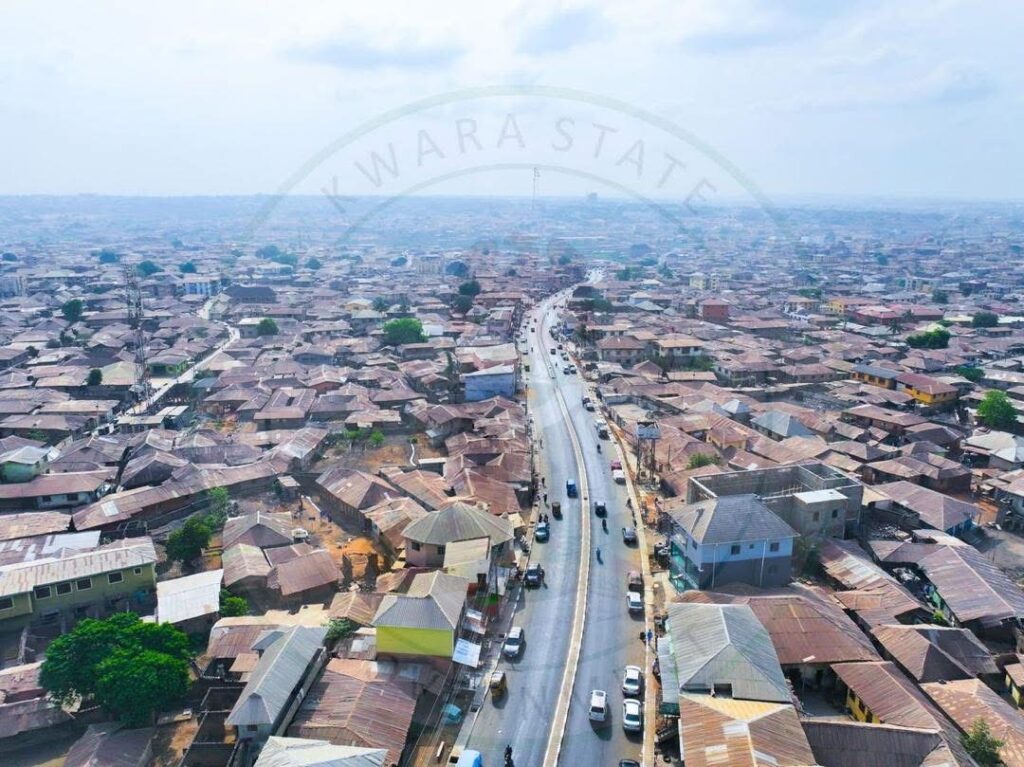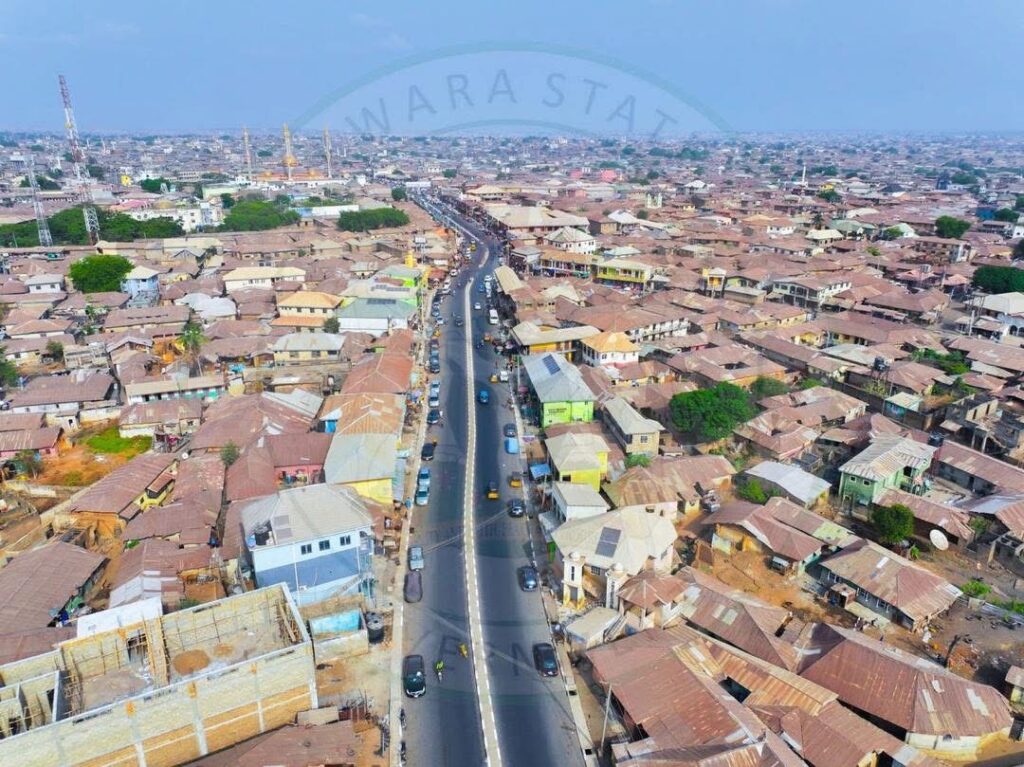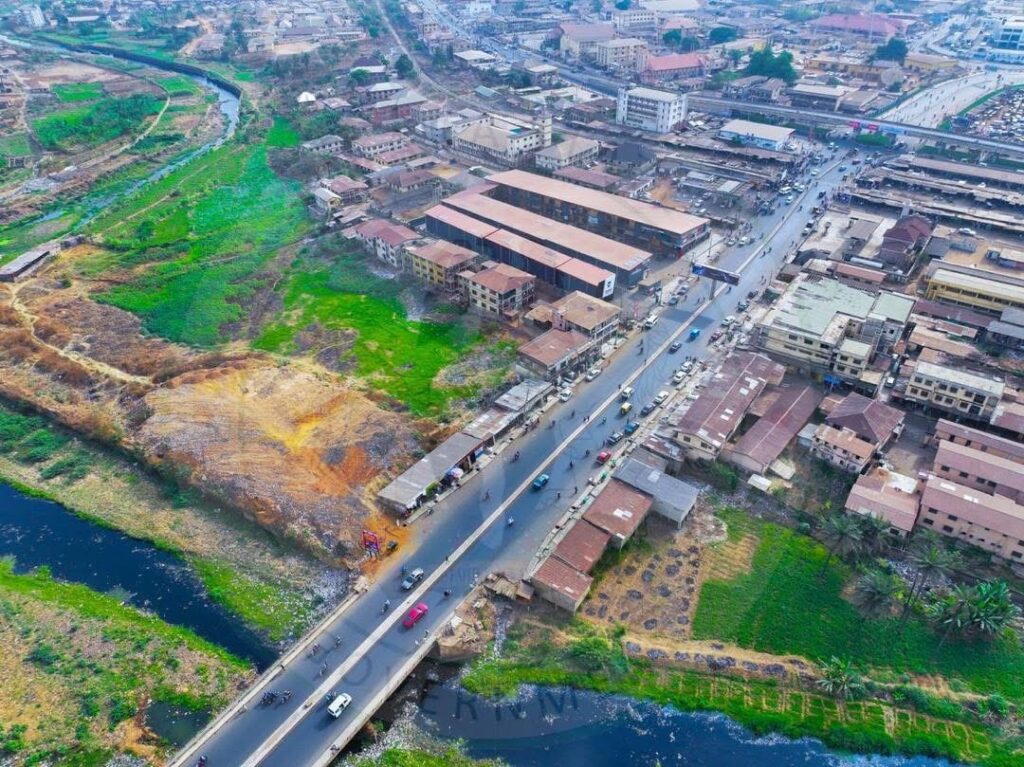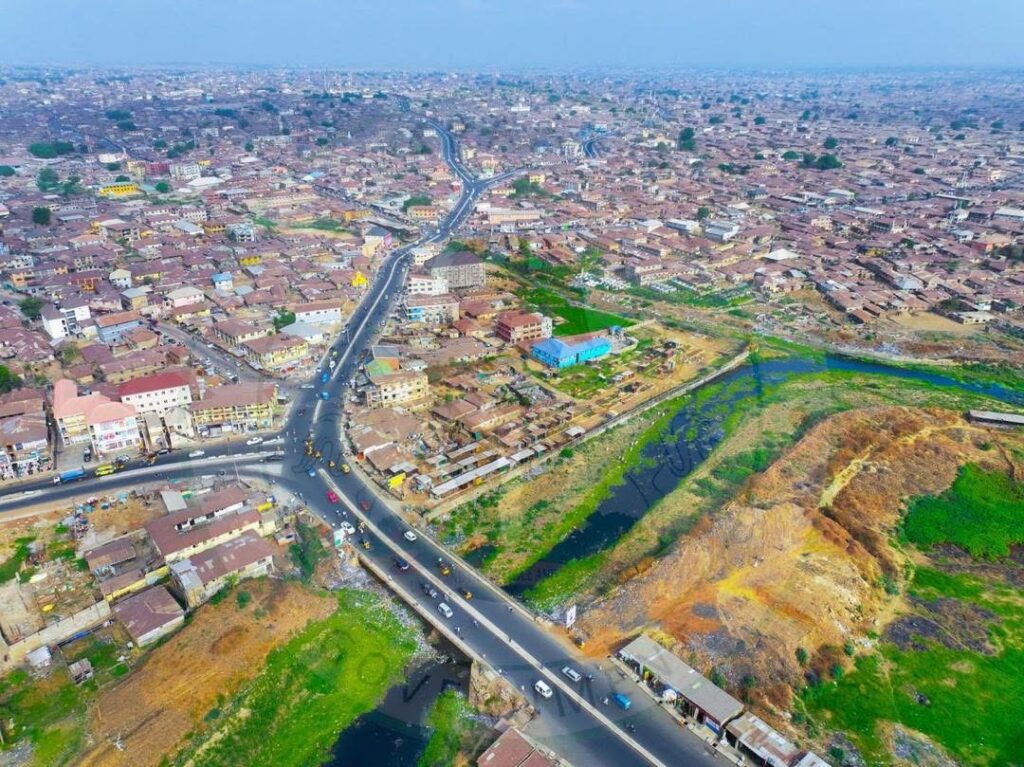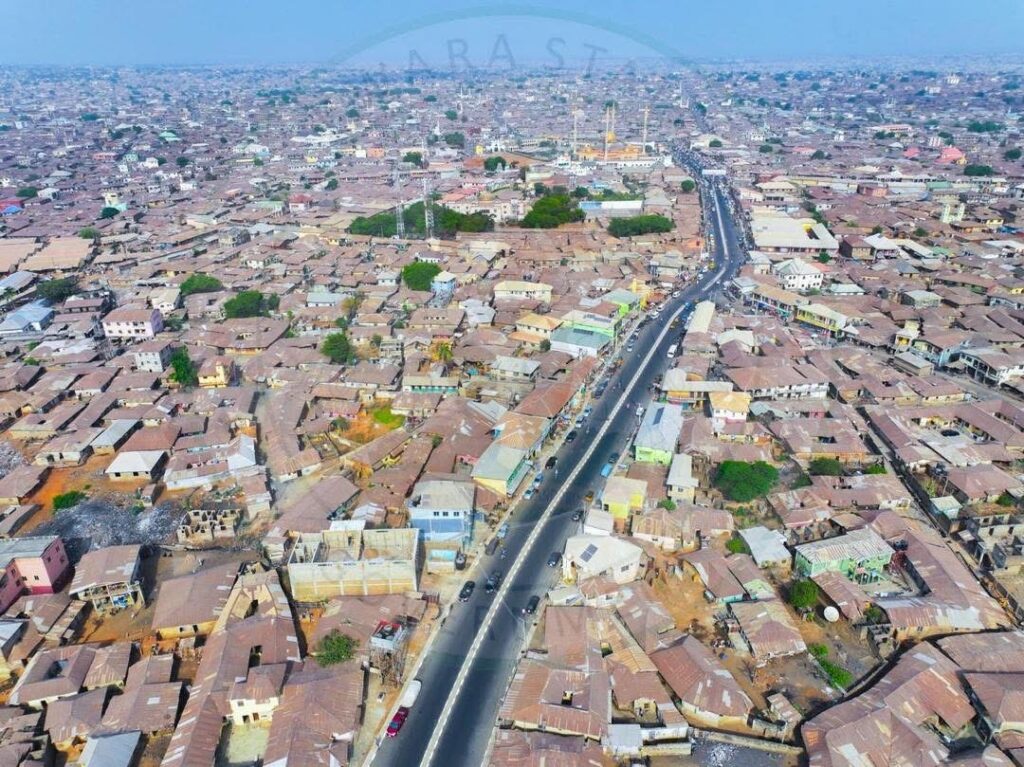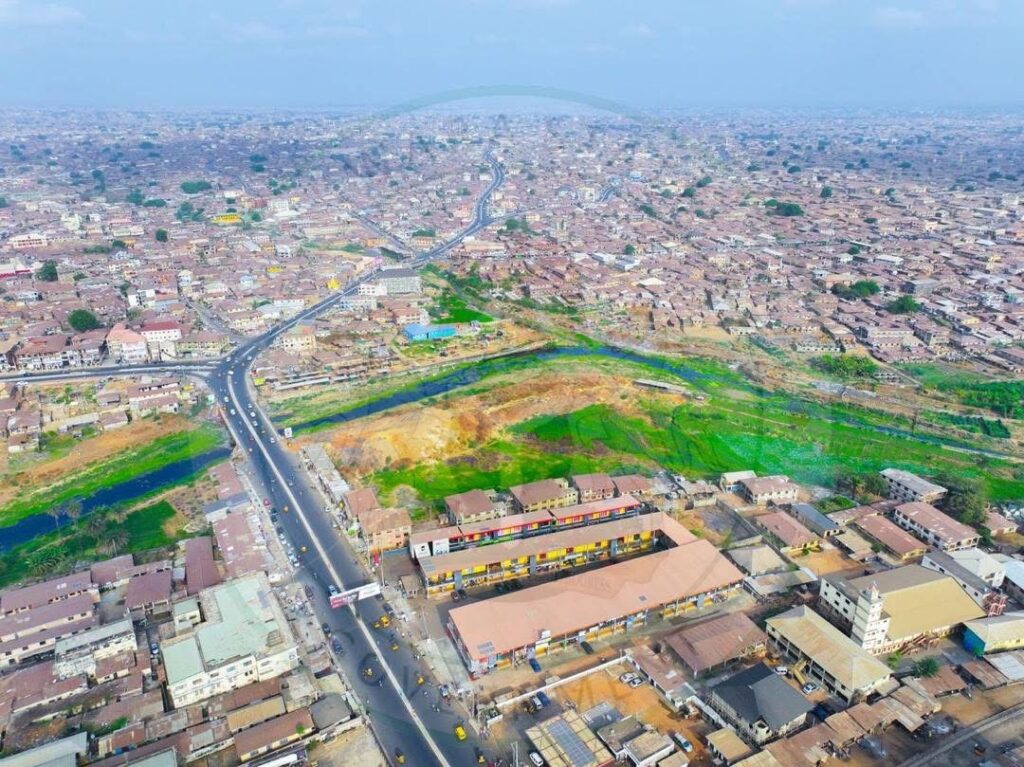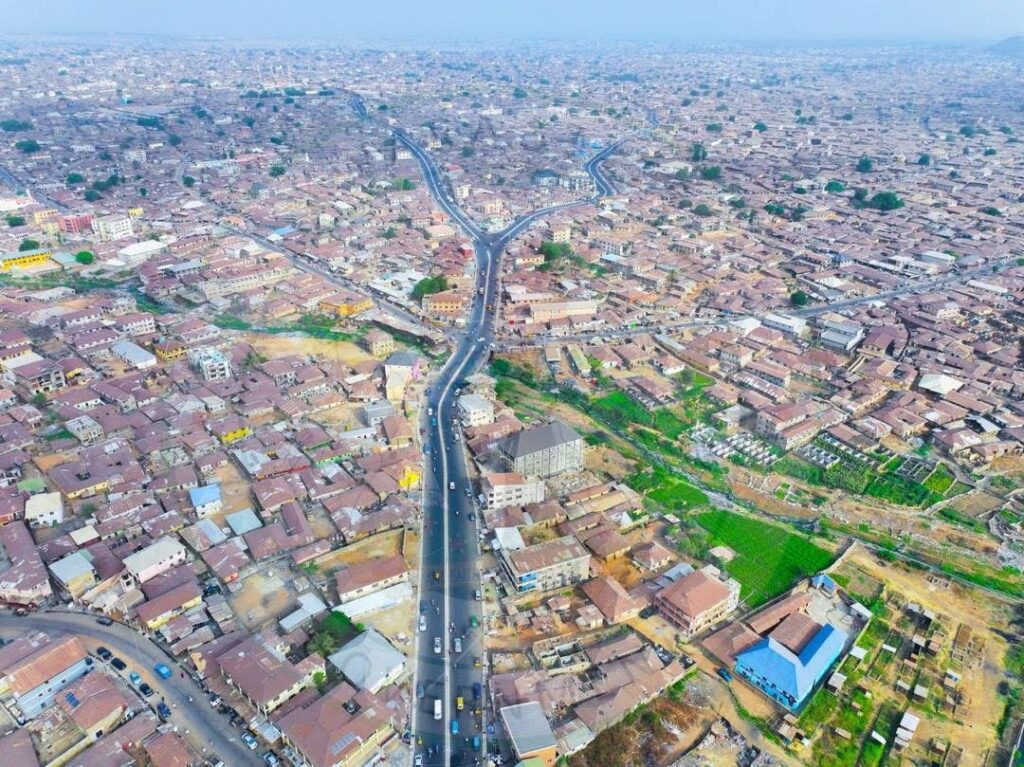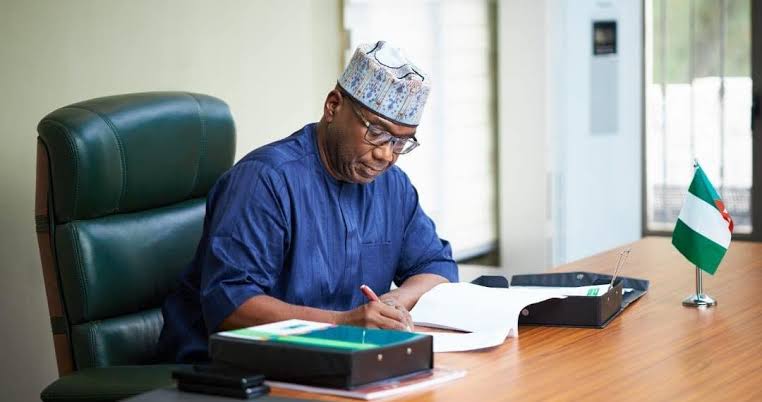…Governor AbdulRazaq praised for non-interference, commitment to quality education
#KwaraRising
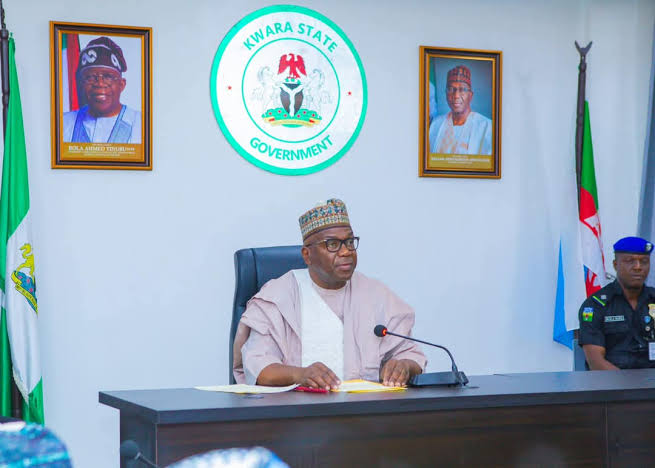
One-thousand-eight-hundred (1,800) applicants have been shortlisted for teaching appointments at the Kwara State Teaching Service Commission (TESCOM), following a rigorous and transparent selection process. The shortlisted applicants emerged from a thorough screening exercise that included online applications, computer-based tests, and oral interviews spanning a period of three months. The process was conducted in line with global best practices to ensure that only the most qualified and competent individuals are selected.
According to a statement issued by the Commission, the successful candidates are to be deployed across senior secondary schools in the 16 local government areas of the state, based on a comprehensive needs assessment. Of the total number, 790 candidates representing 44% were selected to teach STEM (Science, Technology, Engineering, and Mathematics) subjects; 581 were shortlisted for core subjects; 370 for specialized areas; and 59 for technical subjects. The TESCOM portal has been updated for applicants to check their status.
As part of the final stages of the recruitment process, all shortlisted applicants will undergo a mandatory drug test, to be conducted by the National Drug Law Enforcement Agency (NDLEA). This measure, coordinated by the Special Assistant to the Governor on Drug Abuse, Prevention and Control, Hon. Mukail Olamilekan Aileru, is to ensure that only candidates with sound mental and physical health are entrusted with the education of school children. The drug test is scheduled to begin on Wednesday, April 9, and end on Saturday, April 12, 2025. The Kwara State Government has fully covered the cost of the test.
The NDLEA will forward the drug test results directly to the Commission to maintain the integrity of the process and guard against any form of tampering or forgery. In addition, shortlisted candidates are required to present medical certificates from a state-owned hospital, submit original copies of their credentials for verification, and hand in photocopies for documentation. They will also submit handwritten letters of acceptance of the job offer and sign a six-year bond not to seek transfers, especially from rural postings, as part of a strategic effort to address the shortage of teachers in underserved areas.
Governor AbdulRahman AbdulRazaq, CON, has been commended for his insistence on a merit-based, transparent process free of political interference. The Commission noted that his leadership has once again set a new standard in public service recruitment, restoring trust in government and proving that competence and character remain the key criteria in public appointments. This policy direction, the statement added, reinforces the Governor’s commitment to building a quality and inclusive education system in the state.
The Commission encouraged successful applicants to begin their documentation in line with their scheduled drug test dates at the TESCOM headquarters in Ilorin. It also acknowledged the participation of indigenes, non-indigenes, and 31 persons living with disabilities (PLWDs), all of whom made the shortlist on merit.
